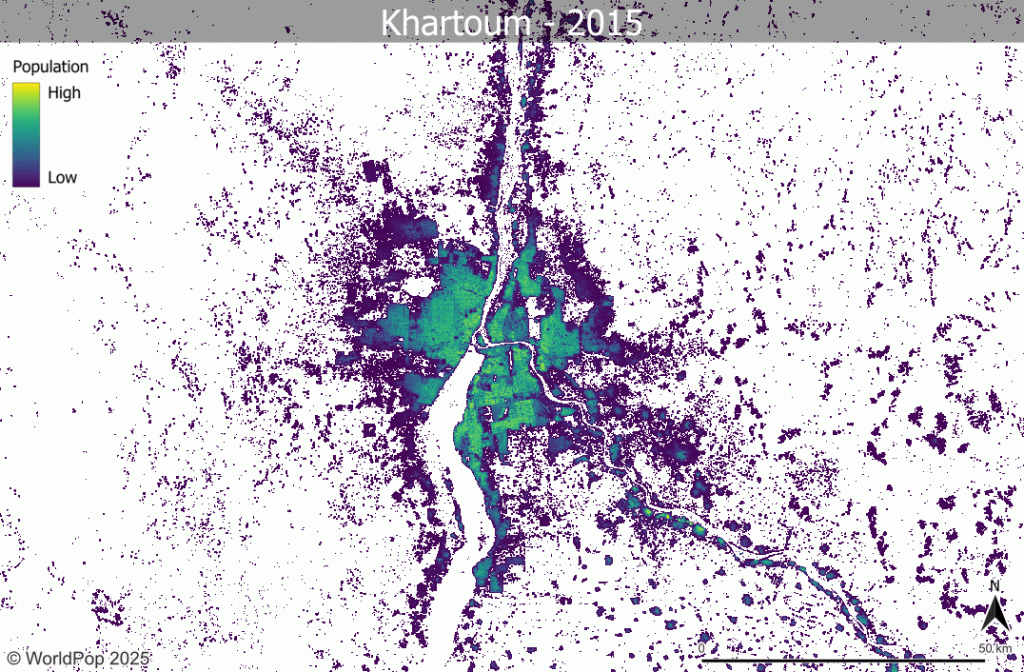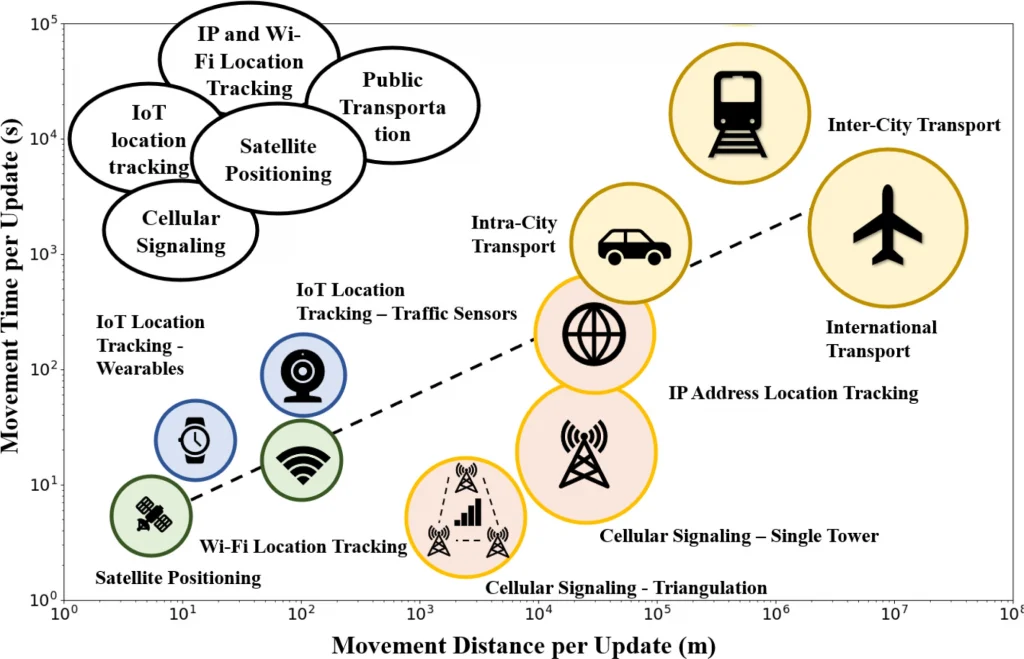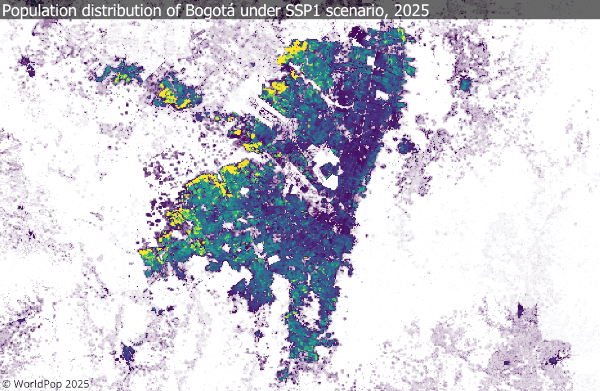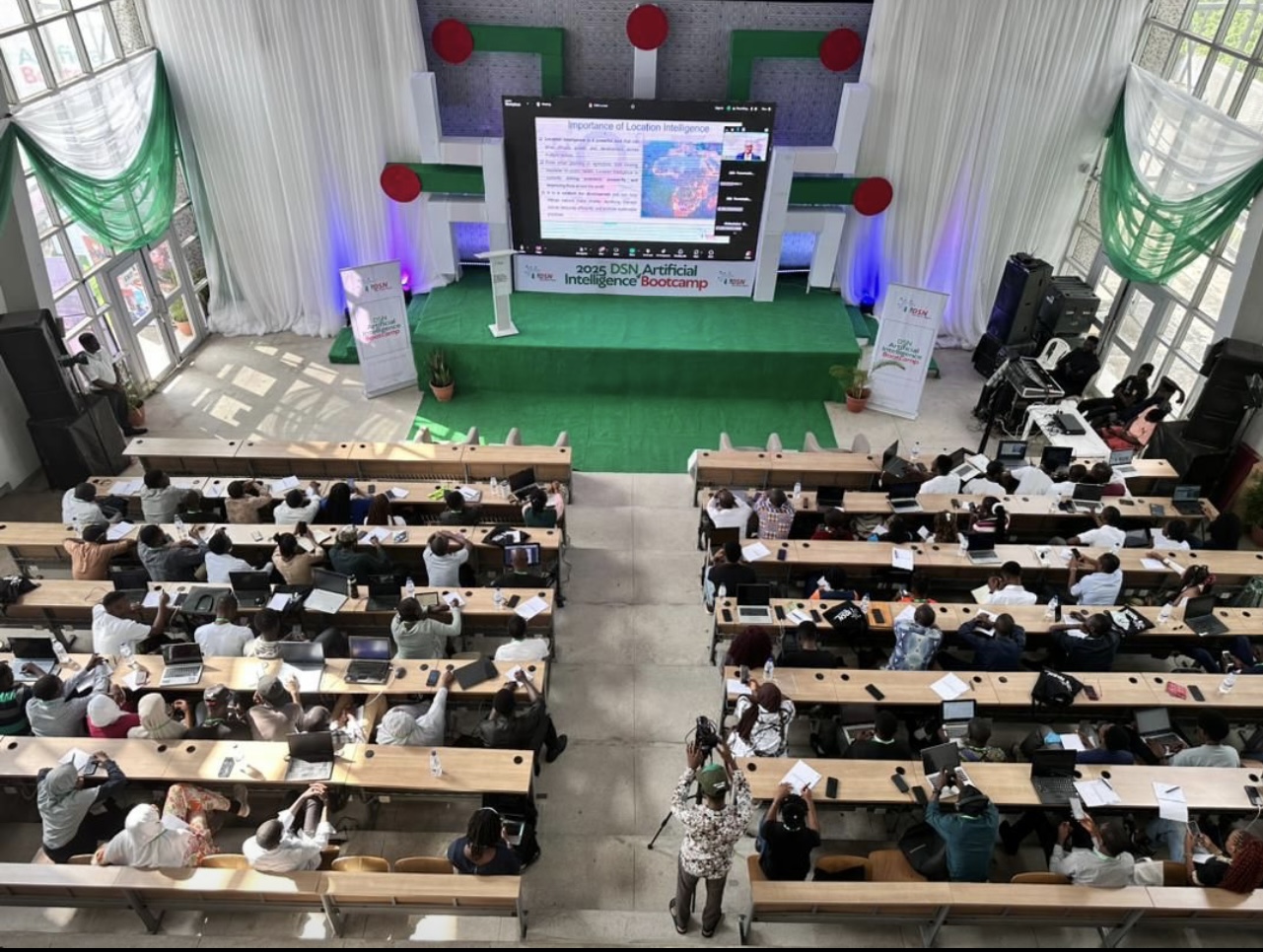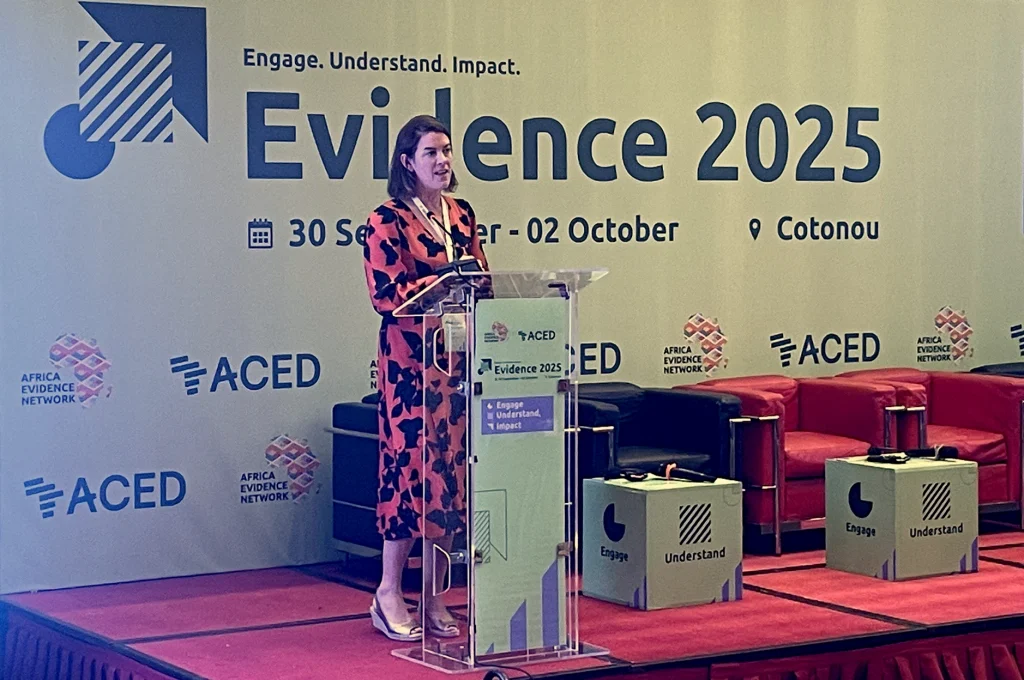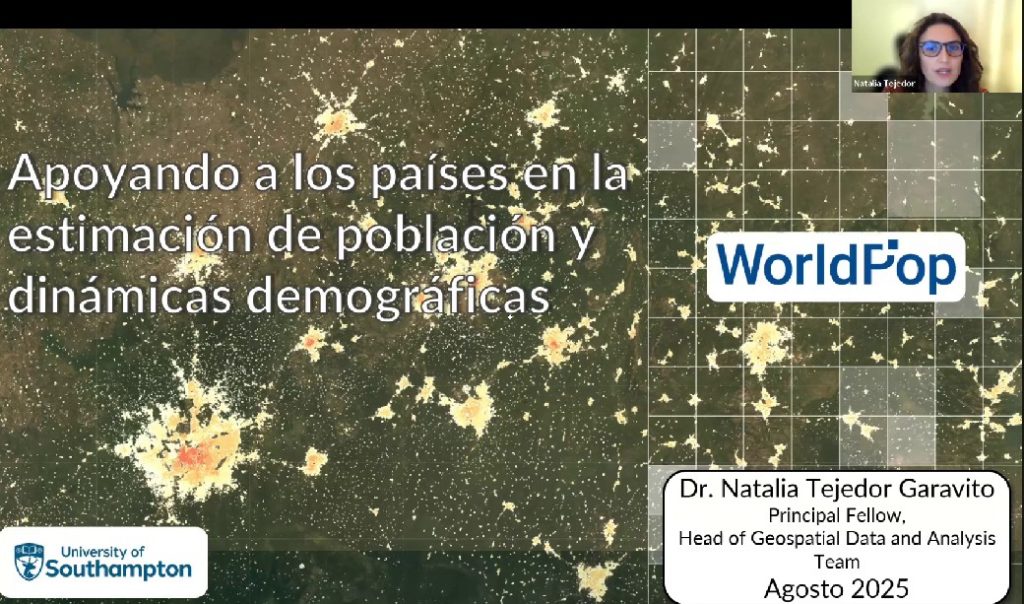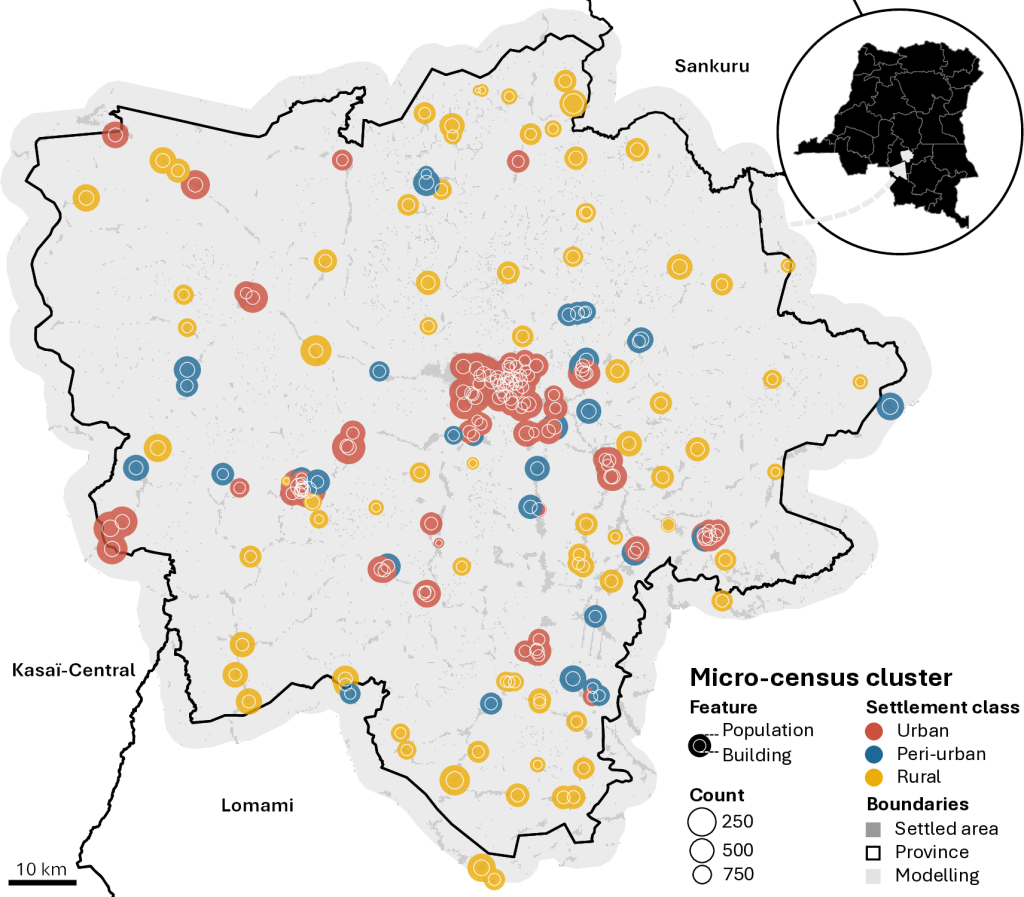WorldPop Strengthens Regional Partnerships at CARICOM’s 50th Statistics Meeting in Curaçao
In late October, WorldPop joined statistical leaders from across the Caribbean at the 50th meeting of the Caribbean Community’s (CARICOM) Standing Committee on Caribbean Statistics in Willemstad, Curaçao. Deputy Director Ian Coady, Senior Enterprise Fellow Dr Natalia Garavito-Tejedor and Senior Programme Coordinator, Kathryn Baxter represented WorldPop at a moment when high-quality, accessible data is becoming […]



